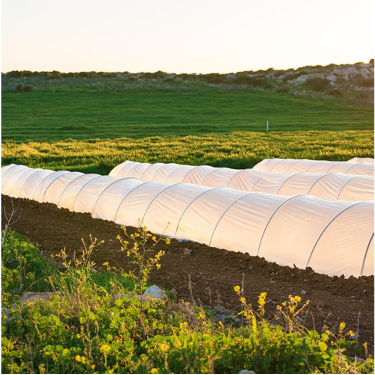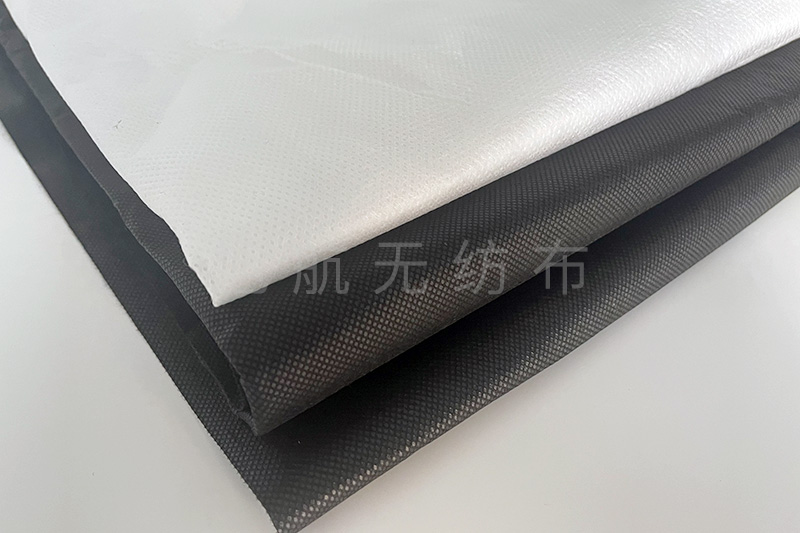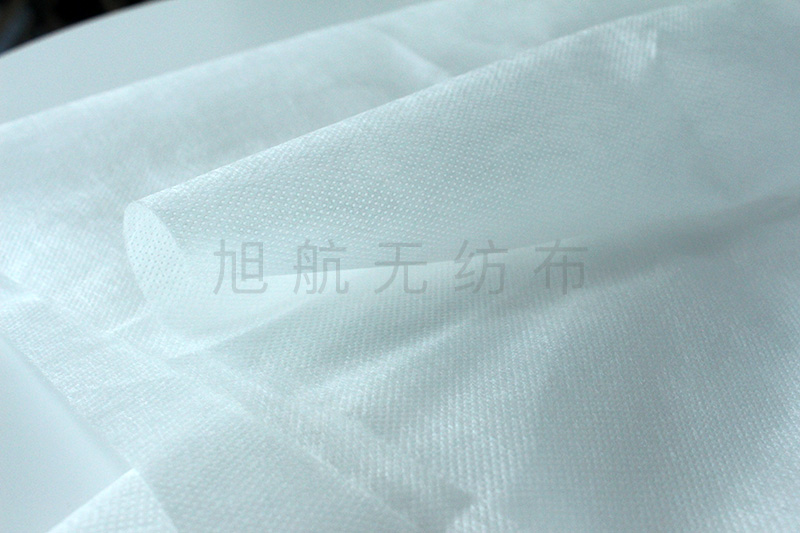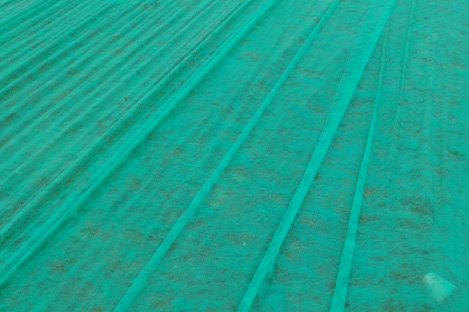- The operation of the textile industry from January to October 2024!
- Automotive interior non-woven fabric how to choose?
- Advantages of automotive interior non-woven fabrics
- Textile industry leads new quality productivity!
- Application of automotive interior non-woven fabric
- The operation of the textile industry from January to August 2024!

- Contact: Mr Li
- Tel: 0086-139 2680 4227
- Fax: 0086-0769-85080625
- Email: xh@xhnonwovens.com
- Add: No. 15, Baihao Industrial Street, Houjie Town, Dongguan City, Guangdong Province
Xietu Road No. 645, after scanning the QR code, the uncle in his sixtieth year took out the non-woven bag, and the whole process was done in one go; Yangjing Street, 46 old communities welcome smart trash cans, and realize automatic warning and dispatch. The residents bid farewell to the "siege" of construction waste.
In the process of urban development, how to properly dispose of garbage is an inevitable topic. With a permanent population of over 24 million in Shanghai, the reduction, recycling, and harmlessness of solid waste have always affected people.
In September last year, the newly revised "Law of the People's Republic of China on the Prevention and Control of Environmental Pollution by Solid Waste" (referred to as the "Solid Waste Law") came into effect. Shanghai has further improved its position and placed the prevention and control of solid waste pollution in the overall layout of ecological civilization construction.
From the change of the habits of a group of people, the active participation of market forces, to the change of the core of urban governance, green life and green production have always been Shanghai's longing and pursuit. Towards the goal of "no waste", the city is moving steadily.
After “paper straws” have been controversial, degradable straws have become the first choice of many people
When the plastic restriction order met the "Solid Waste Law", more people realized that "plastic ban" was not a slogan, but a real thing.
A few months ago, “Taiqi Bread” on Pulian Road in Minhang District received a 10,000 yuan fine for “the disposable plastic straws provided for free are not degradable”. This is the city's first case after the Shanghai market supervision department has undertaken the administrative punishment power of the new "Solid Waste Law" in the commercial sector.
Compared with merchants, the implementation of plastic restrictions on the consumer side is smoother. The affordable Shanghai aunts and uncles have long been accustomed to bringing their own non-woven bags. In the field survey, the representative of the National People's Congress commented: "This is the'refinement' that has penetrated into the urban civilization."
However, in some specific scenarios, the plastic restriction order still faces considerable challenges. With the rise of food delivery platforms, a large number of delivery packages have emerged. A controversy surrounding "paper straws" detonated social networks. Proponents say this is a more environmentally friendly way of life; opponents complain that the paper straws "soften after a while."
It is comforting that the city can always find the most appropriate solution. Ms. Zhan, who works in the business district of Nanjing West Road, is a "milk tea control". Recently, she opened the takeaway app and found that many drink shops can choose the types of straws. Among them, the PLA biodegradable straw has become a lot of people because of the advantage that it does not affect the taste. The first choice.
In the view of some legal experts, the plastic restriction order is an advocacy policy, and the closest legal basis to it is the newly revised "Solid Waste Law." In order to improve the accuracy of law enforcement, more relevant regulations or judicial interpretations are still to be issued in the future.
"Point-to-point" utilization of waste acid to "feed back" industrial development
Does the goal of building a "waste-free city" mean that there is no solid waste generated? Obviously this is not realistic, and the key lies in "resource utilization."
Every household has a photo frame, but what is less known is that the plastic wood used to make the photo frame is produced by reusing waste.
There are inextricably linked with these photo frames in Shanghai's Xupu base for solid waste container transfer. According to Wang Ruixing, the relevant person in charge of the Resource Utilization Branch of Shanghai Chengtou Environment (Group) Co., Ltd., the base has newly added an intelligent sorting line and a storage center for recyclables. In the base, a pick-up truck unloads garbage to a vertical "funnel" in the unloading area. As the heavy hammer exerts force again and again, the garbage is pressed into the box. According to statistics, it can process 10 tons of mixed plastic bottles, 50 tons of waste paper, and 1.5 tons of foam every day. The final output of renewable resource products includes plastic wood.
New measures for resource reuse with higher technological gold content will not only contribute to the circular economy, but also "feed back" the development of the industry. Integrated circuit, one of the three leading industries that Shanghai is striving to build. With the expansion of the scale of the industry, more and more waste acids are produced in the production of integrated circuits. How to treat them harmlessly or even "turn waste into treasure"?
In this regard, Shanghai is the first to explore the "point-to-point" resource utilization of waste acid. In the eight integrated circuit companies participating in the pilot program, all their waste acids are used to replace concentrated sulfuric acid for the production of titanium dioxide. Since the pilot project, nearly 27,200 tons of waste acid have been used, saving about 1.67 tons of concentrated sulfuric acid.
This is not only an "ecological account", but also a real "economic account". Experts calculate that according to the Shanghai hazardous waste business license unit's minimum waste sulfuric acid treatment fee of 1,400 yuan per ton, this item alone has saved the company nearly 38.08 million yuan.
- Automotive interior non-woven fabric how to choose?
- The operation of the textile industry from January to October 2024!
- Advantages of automotive interior non-woven fabrics
- Textile industry leads new quality productivity!
- Application of automotive interior non-woven fabric
- The operation of the textile industry from January to August 2024!
- Automotive interior non-woven advantages of non-woven fabric
- The global economic recovery has held up better than expected
- From January to August this year, the total profit of China's textile industry was 100.62
- If there is a need for automotive interior non-woven fabrics, please contact us!



